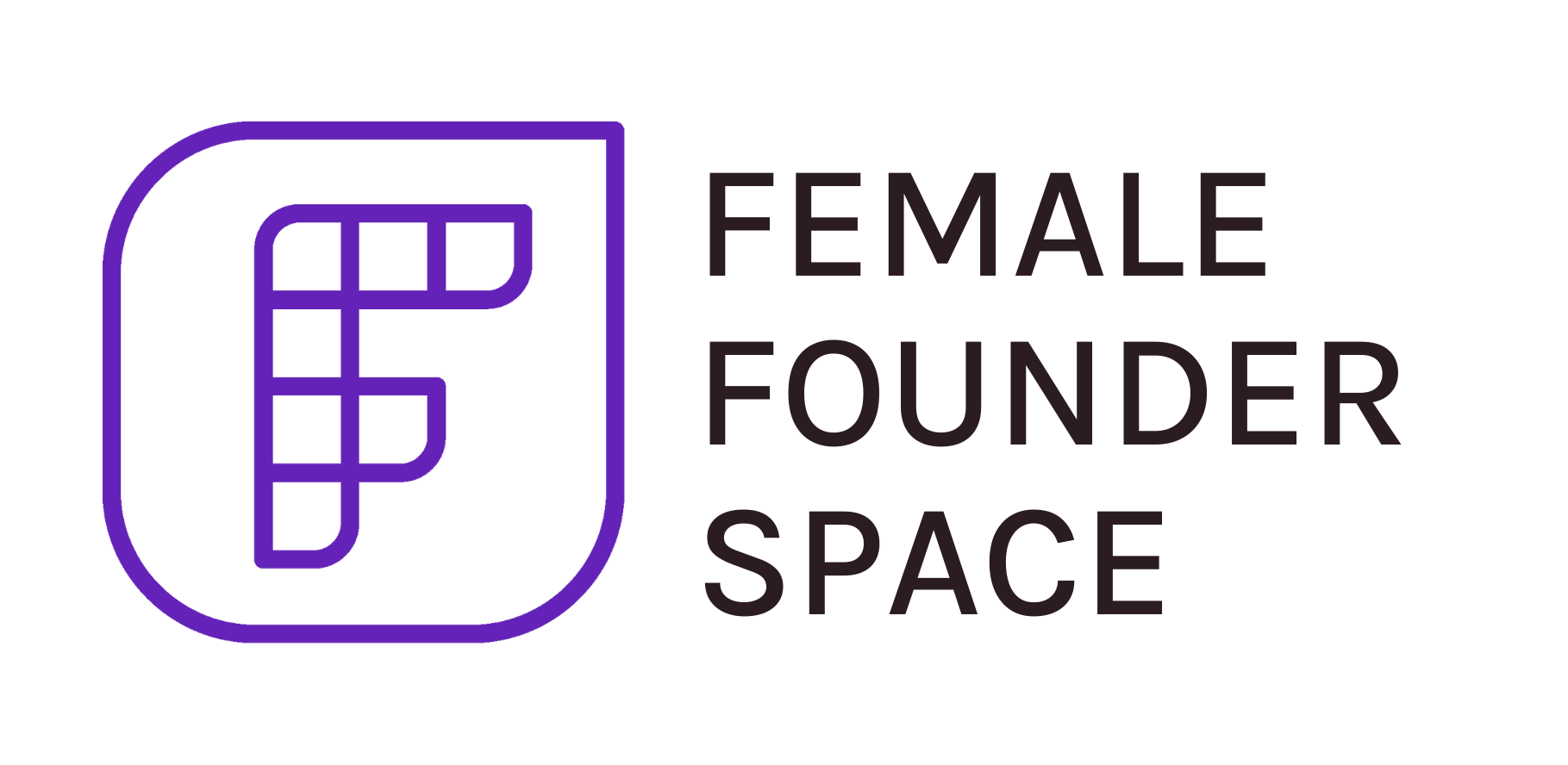Lead Like a Female Founder
-
The Female Economy2 Topics
-
The Leadership of The New Tomorrow2 Topics
-
The Inner Qualities of Great Female Leaders7 Topics
-
The Qualities to Inspire and Lead Successful Teams8 Topics
-
Overcome Challenges4 Topics
-
Start Building Your Leadership Skills4 Topics
-
Make a Positive Impact as a Female Leader2 Topics
Vulnerable
Transcript
When I was in a leadership role, and as I had explained, my last gig was running an agency of a 70-person team, I – not only then but also prior to other leadership roles I took on – I remember my male counterparts asking me sometimes to be a little bit more assertive. Which I would say could also in–in itself mean to be a little bit [tougher] more tough in how I’m leading. And I remember how I would, yeah, kind of not be able to understand why I needed to be tougher in my leadership. So, even though it’s perceived that we need to be tougher, I think what’s more important is that we have [the] intention and that we really know where we’re taking ourselves: what the vision is, but also why we’re going in that direction. Hence, I definitely believe it is important for us as leaders, whether you are female or male to certainly have [the] intention, and certainly know the direction that you’re taking – I vision. But I don’t believe that it is important to execute this in a tough way.
Being that, when we act in a tough way, we’re actually, usually, either in modus of survival, or in a modus of stress; and if we can take ourselves out of this survival mode, or out of the stress motors, we’ll actually find that we can be far more clear and more creative, and more determined to where we really want to go. Hence, I think that actually, it is important for us as male and female to be more vulnerable. And, therefore, I think the concept of vulnerability is absolutely precedent in today’s times. And the concept of vulnerability for me means to take courage in just being in the unknown. You certainly have an intention and you have a direction-setting where you want to go; but how you’re going to get there is where you have to remain vulnerable in order to find in the moments, the most and the best possible creative ways of getting there.
